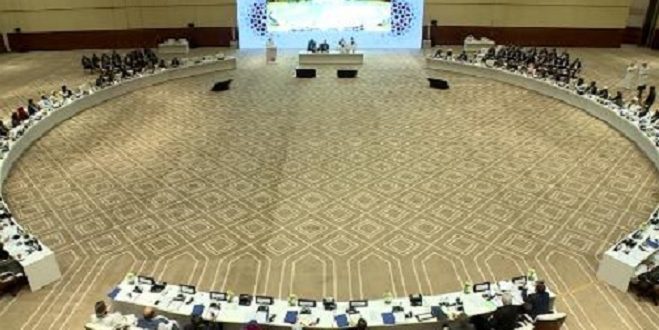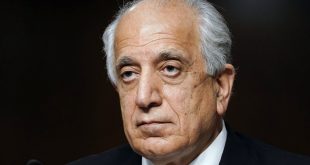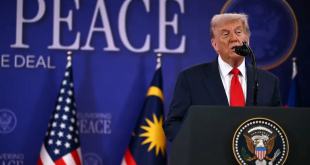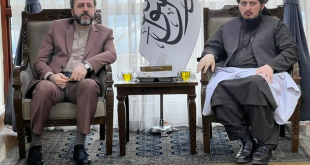In the wake of last week’s attack on the maternity ward of a hospital in Kabul that drew widespread denunciation when at least 35 people, including babies and mothers, were killed, the general atmosphere in terms of the peace process has drastically altered. Following the attack for which the Taliban, who didn’t take credit for it, were blamed, President Ashraf Ghani ordered the security forces to resume offensive operations against the rebel outfit and allied groups – an order squarely reciprocated by the insurgents. Meanwhile, on Friday, Ghani reinforced his decision on the resumption of offensive operations as he urged Afghan commandos to demonstrate their power. But the situation took a surprise twist as Kabul and Washington happened to be at odds over who conducted the heinous attack. US special envoy Zalmay Khalilzad tweeted the hospital was stormed by the Daesh or so-called Islamic State militant group while the Afghan government holds the Taliban responsible – the mere reason put forth by Kabul administration to transition into an aggressive posture from defensive one since the US-Taliban peace pact in February. This is while hours after Khalilzad’s tweet, Kabul openly rejected the US assessment that Daesh militants were behind the attack as it claims to possess evidence implicating the Taliban and Haqqani Network’s involvement. Now the question is what does this clash of opinions and discord mean for the peace process? On the other hand, the region also seems to be divided over the Afghan government’s decision to resume aggressive operations, with the regional consensus for peace taking a turn for the worse. Pro-Taliban Pakistan is seemingly against it as the country continues to push for the implementation of the US-Taliban peace accord in the insurgents’ favor whereas India that deems the Taliban as terrorists is apparently in favor of the new decision. Meanwhile, the Afghan government is seemingly isolated after its recent decision on military supremacy as Russian special envoy for Afghanistan Zamir Kabulov openly condemned Ghani’s order and said it would harm the peace process. The US has also warned that Kabul’s harsher military action could pose devastating blows to the Afghan peace process. For the US, which is taking the Taliban’s side in this recent incident, intensified war perpetrated by the insurgent group and the Afghan government means a failure to implement the peace deal and stage a face-saving withdrawal. Khalilzad explicitly stated that it would be best if intra-Afghan talks began while there is still a significant US military presence in Afghanistan as he announced his intent of soon traveling to the region to ensure a de-escalation in violence and the release of prisoners. But the fact that the US and the Afghan government are seemingly at loggerheads on this issue and that the regional countries are throwing their weight behind the different stances confounds the peace process and signals that it may be in its death throes. It is without a doubt that as the government and the Taliban square off, peace becomes wishful thinking while Daesh and Afghanistan’s enemies are going to exploit the conducive environment of the chaos and continue to wreak death and destruction on Afghan people.

 Afghanistan Times Latest News and Analysis from Afghanistan and the Region
Afghanistan Times Latest News and Analysis from Afghanistan and the Region



